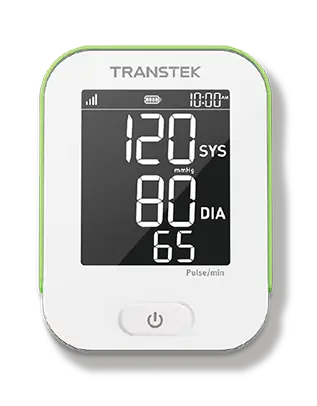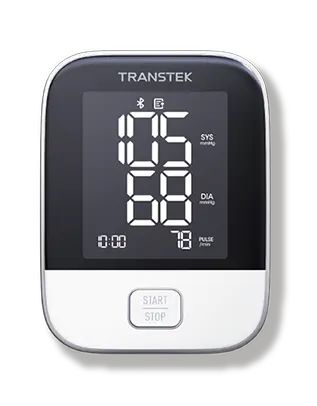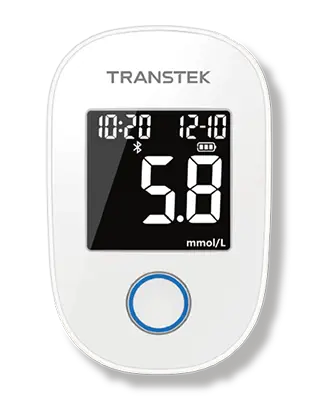
Why would anyone want to track blood pressure (BP) throughout the day with a blood pressure monitor? What are the health benefits of having a blood pressure monitor? To start answering these questions, let's first look at blood pressure and how it affects the health of millions of people.
As high blood pressure (hypertension) becomes more common, more and more people are buying home cellular bp monitor. Population ageing and urbanization are cited as two reasons for this growing problem. Hypertension is an age-related disease that increases with age as life expectancy increases. Urbanization has changed many aspects of daily life, and driving, public transportation and living in compact cities means less exercise. Additionally, the easy availability of energy-rich foods today has dramatically changed our diet.
The World Health Organization (WHO) has dubbed it a global epidemic, with an estimated 40 percent of adults aged 25 and older diagnosed with hypertension. Many people who want to be proactive about improving their health have purchased blood pressure monitors.
Scientists are beginning to recognize the importance of stabilizing blood pressure variability—the degree to which blood pressure fluctuates up and down over time. Rather than just focusing on lowering your average BP, seeing BP on an hourly, daily basis over time may be more protective against heart disease.
As mentioned earlier, the World Health Organization reports that 40% of the world's population is affected by hypertension. Even more shocking, in one large study, less than half (46.5%) of 153,996 people in 17 countries knew they had high blood pressure.
Although the incidence rate of hypertension is on the rise, awareness and control of it still lags far behind. If blood pressure monitors are as widely used as current smartwatches or activity trackers, people could be more vigilant about their blood pressure. Hypertension is a global epidemic and one of the biggest contributors to heart disease and mortality. The tech industry has an opportunity to make an important contribution to the understanding and control of hypertension by developing blood pressure monitors.
+86-0760-85702291







